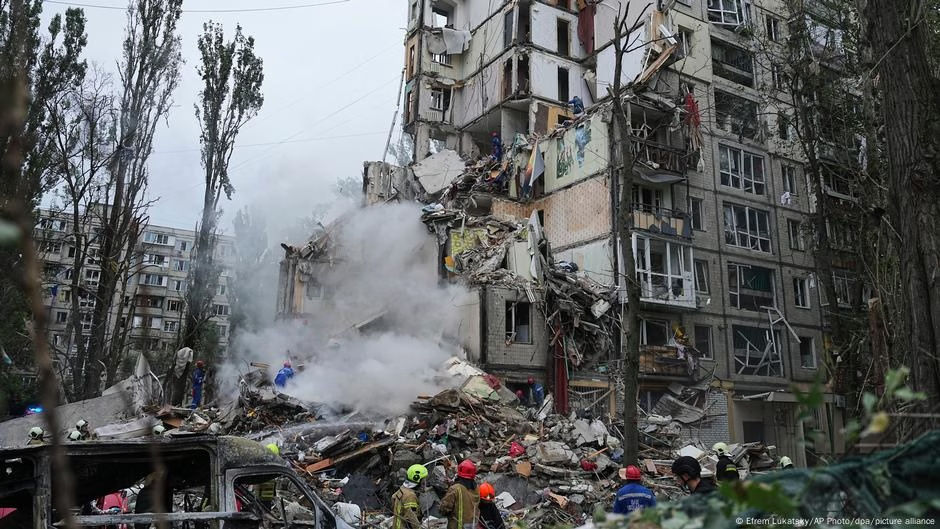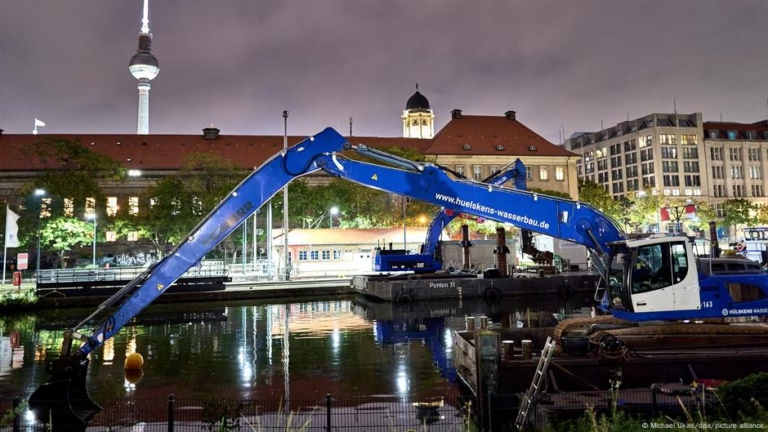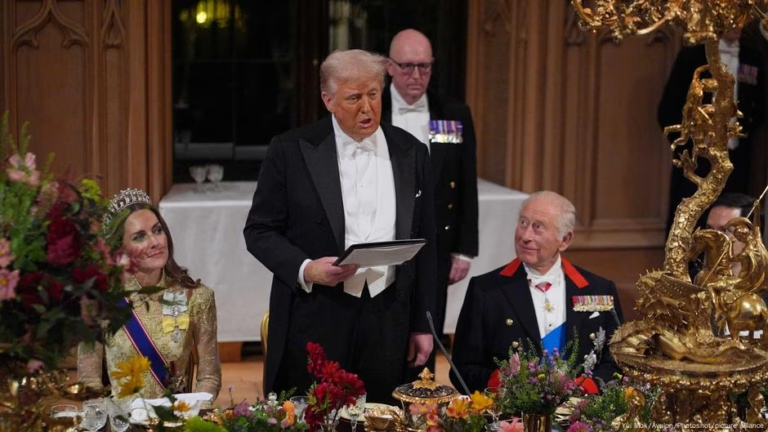“This is the beginning of a new form of military-industrial cooperation between our countries, one that has great potential,” German Chancellor Friedrich Merz said in late May when Ukrainian President Volodymyr Zelenskyy visited Berlin.
The two countries’ defense ministries signed an agreement back then: Germany would finance long-range weapons but they are to be produced in Ukraine. Two months later, not many details about the arrangement have become public. The process is ongoing.
Germany has pledged to fund approximately 500 An-196 Liutyi drones, manufactured jointly with Turkey and Ukraine. Ukrainian media reports suggest that each drone costs around $200,000 (€175,000).
In June 2024, Denmark became the first NATO member state to invest in the Ukrainian arms industry; German arms manufacturers are expanding their operations there to include joint projects.
Ukraine is also seeking German technical expertise, as the country lacks advanced engineering capabilities. Currently, Ukraine is asking its allies for technology that would enable the production of long-range weapons.
Currently, many German defense companies—startups mostly based in Bavaria—are active in Ukraine. Quantum Systems signed an agreement to acquire a 10% stake in Frontline, a Ukrainian drone manufacturer, with an option to increase it to 25% in the next year.
Germany hesitates to provide original weaponry to Ukraine but is open to sharing its knowledge and expertise. The country also offers training to Ukrainian arms producers. Information gained from the conflict experience in Ukraine directly flows into the development of new weapons by German companies.






